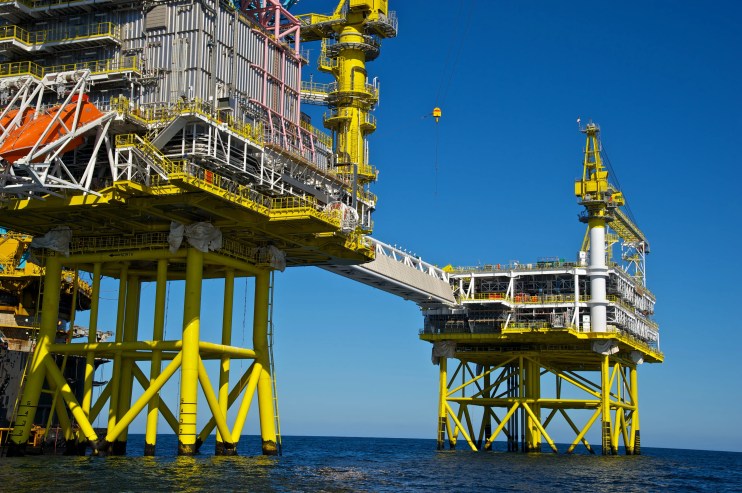UK risks losing £100bn of energy projects unless it cuts high taxes and red tape

The UK risks missing out on as much as £100bn of investment in domestic offshore energy projects, unless the government provides more certainty over the country’s tax regime and potential green subsidies, trade association Offshore Energies UK (OEUK) has warned.
The industry body has called for a stable and competitive tax environment and a faster process for planning and regulatory approval.
In its latest economic report, OEUK forecast that up to £200bn could be spent in offshore energy – including oil, gas, wind, carbon capture and storage, and low carbon hydrogen this decade in a bid to bolster supply security and reach net zero.
However, firms will struggle to reach final investment decisions for half of this projected funding as they become mired in red tape and navigate the country’s tax regime, the group said.
Without changes, the group fears the UK will struggle to ramp up domestic energy generation.
David Whitehouse, chief executive of OEUK warned “the UK must not be left behind” and that private investment is “critical”.
He said: “The UK mustn’t just become a good place to do energy business, it must become irresistible. Our Economic Report shows that as the global race for energy investment accelerates, the UK must compete by making the most of its diverse homegrown industry, from oil and gas to offshore wind, hydrogen and carbon capture. Globally, this is the lesson other countries have learnt.”
This follows the government toughening the windfall tax, raising the rate from 25 per cent to 35 per cent and extending its duration for six years – creating a de-facto 75 per cent rate.
The introduction of these measures have seen multiple North Sea oil and gas producers post losses and withdraw plans for domestic energy projects.
Oil and gas exploration has been included in the government’s energy security strategy – alongside green energy sources such as offshore wind, solar, and hydrogen.
It also comes in the context of the US Inflation Reduction Act, presenting vast subsidies to renewable producers in a rival market.
The independent Office for Budgetary Responsibility predicts £1.4 trillion of investment could be required to reach net zero, including £1 trillion from the private sector.
The report also confirmed that North Sea oil and gas production has declined at its fastest rate in a decade, with crude oil production sliding 13 per cent in the first six months of the year.
As it stands, the UK still relies on oil and gas to meet 75 per cent of its energy needs – with nearly half its supplies sourced from domestic waters.
OEUK represents approximately 400 oil, gas and wind operators and contractors.
A Treasury Spokesperson said: “We want the oil and gas sector to invest in British jobs and our energy security. Last month we announced hundreds of new oil and gas licences to deliver cleaner homegrown energy for households and the Energy Price Levy has always included an investment allowance to encourage the sector to reinvest its profits.
“This is alongside a new Energy Security Investment Mechanism to give investors the confidence to keep investing in domestic oil and gas production, supporting investment, jobs and domestic energy supply”.